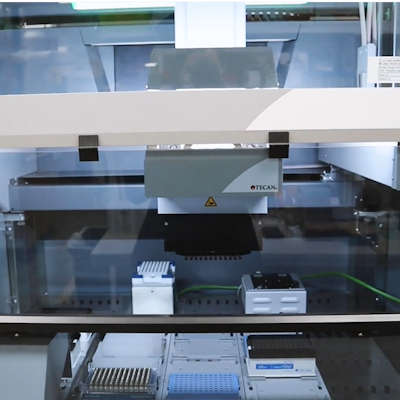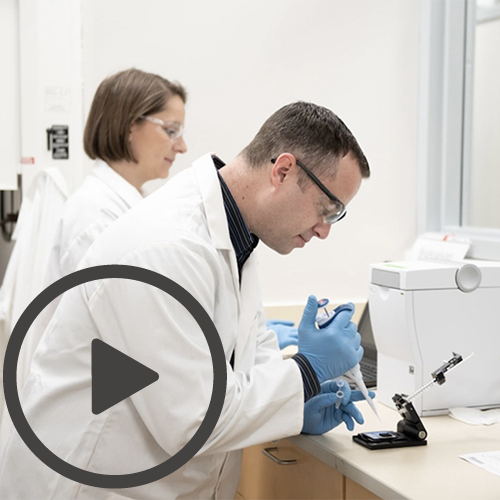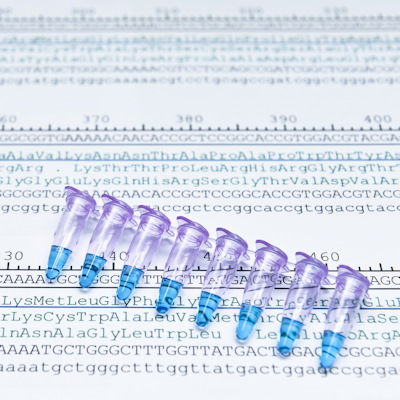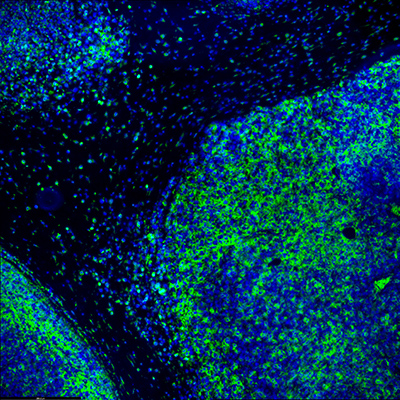February 8, 2022 -- EpiCypher has entered into a partnership with New England Biolabs (NEB) to codevelop a first-in-class library prep kit specifically optimized for best performance with EpiCypher’s CUTANA Cut&Run epigenomic assays.
This CUTANA Cut&Run Library Prep Kit is powered by NEBNext reagents from NEB, delivering a comprehensive and streamlined solution for the preparation of Cut&Run sequencing libraries. Cut&Run is rapidly replacing ChIP-seq as the leading chromatin mapping technology. In Cut&Run, a fusion of protein A, protein G, and micrococcal nuclease (pAG-MNase) is used to selectively cleave antibody-labeled chromatin in situ, eliminating chromatin fragmentation and immunoprecipitation steps from ChIP to greatly simplify the assay workflow. Clipped fragments are easily isolated and purified, and the entire process is compatible with next-generation sequencing. This strategy virtually eliminates non-specific background and provides high-quality mapping data using a fraction of the cell inputs, sequencing depth, and costs compared to ChIP-seq.
Furthermore, the streamlined workflow has been fully automated for large-scale analyses, enabling the use of chromatin mapping for clinical research and personalized medicine.
A key step in Cut&Run assays is the preparation of MNase-clipped fragments into sequencing-ready libraries. Existing library prep kits are designed for multi-purpose use and require supplemental reagents for specialized workflows, complicating assay development and increasing reaction costs.
In addition, the general library prep protocols have been challenging to adapt for low-yield Cut&Run experiments. EpiCypher aims to address these concerns with a user-friendly and cost-effective library prep kit specifically developed for Cut&Run.
Among leading library prep systems, EpiCypher found that NEBNext reagents from NEB consistently delivered the highest quality Cut&Run libraries across multiple targets and DNA inputs.
The CUTANA Cut&Run library prep kit from EpiCypher provides all the reagents needed to efficiently generate sequencing libraries, including NEBNext reagents, DNA purification beads, and indexing primers.
Financial details of the agreement were not disclosed.
Copyright © 2022 scienceboard.net











